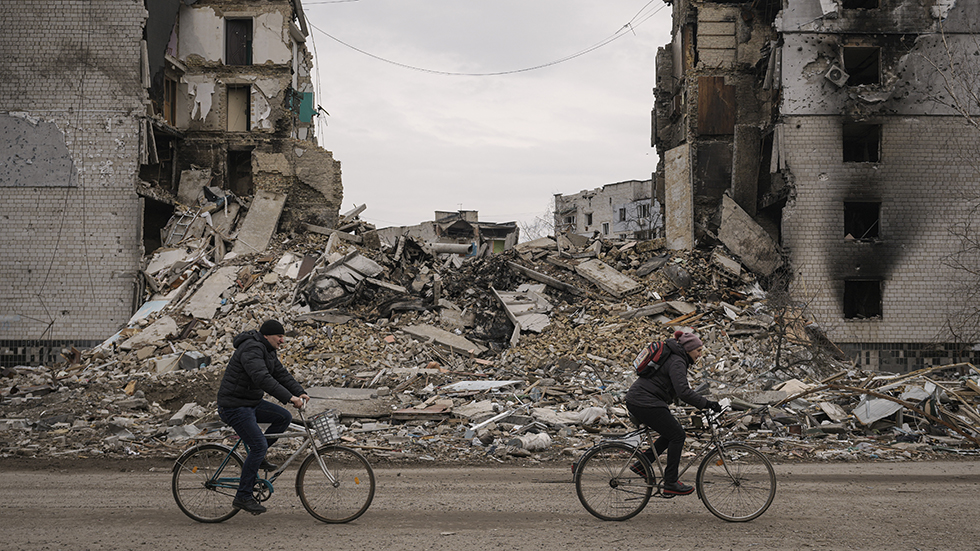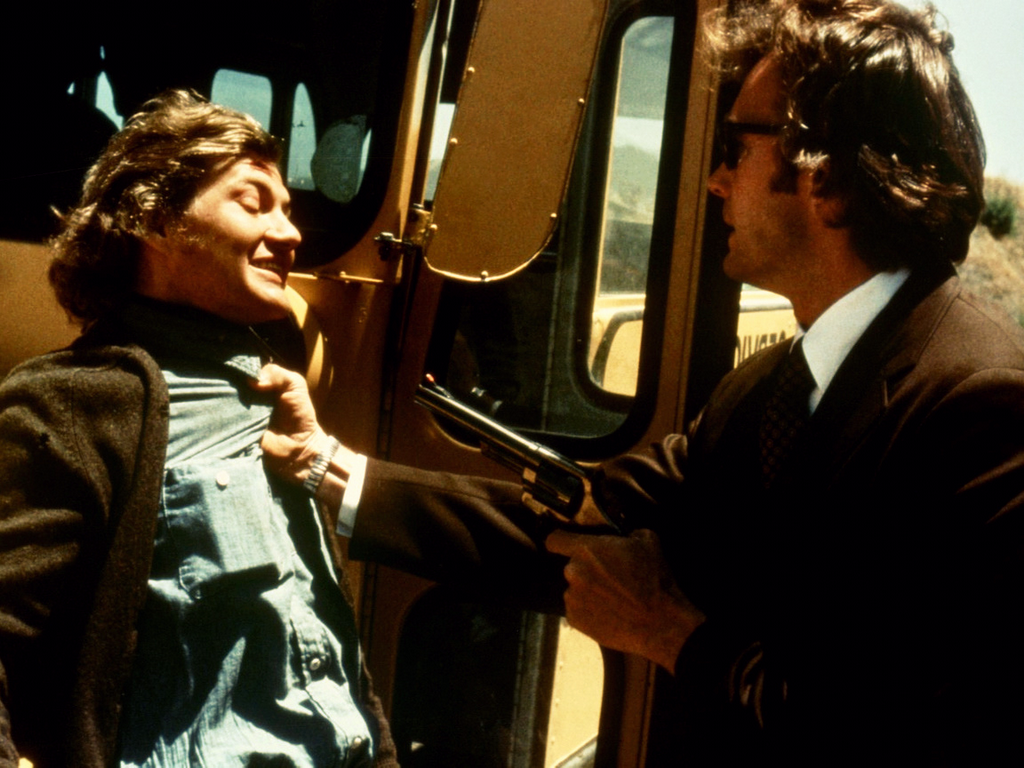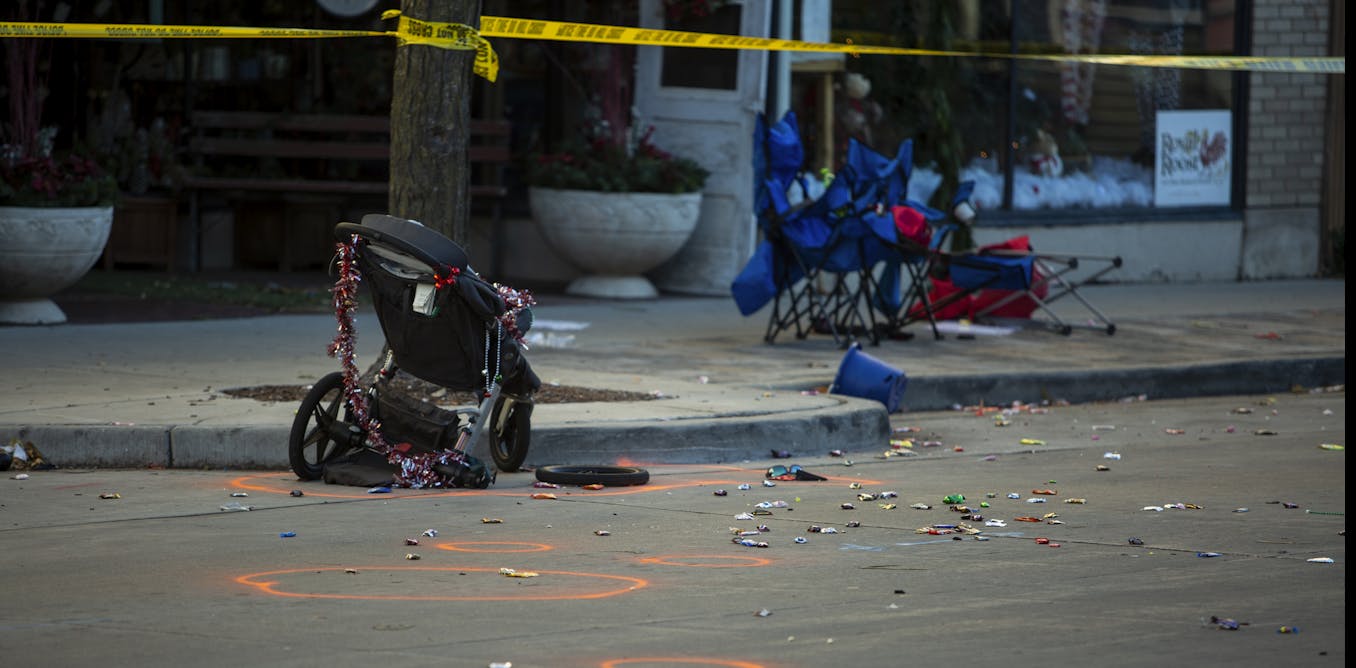The western media is lying and not telling the full story.

 thehill.com
thehill.com
-------------------
The war is not over yet, but the outcome is already clear. Ukraine has lost.
It pains me to say this, of course. Ukraine has fought a just war against an unjust – even barbaric – aggressor. And the country has fought well. Indeed, not only have the Ukrainians put up a better defensive fight than was generally expected in the run-up to the war, but they have taken the fight to the enemy, even pushing the Russians back on several fronts.
But Ukraine has lost the war nonetheless.
Why do I say this? Because, at the end of the day, Russia will have imposed its will on Ukraine while Ukraine will have achieved almost none of the goals – other than survival – it is pursuing on the battlefield and at the negotiating table.
That Russia will end up imposing its will on Ukraine now seems beyond reasonable doubt. Despite suffering terrible casualties and embarrassing battlefield setbacks, Moscow has already forced Kyiv to concede that NATO membership, and probably European Union (EU) membership too, is a non-starter. The separatist enclaves in Donetsk and Luhansk are in no danger of reverting to Ukrainian control, and the only question in the south of the country is how much territory will be added to the Crimean lands pried from Kyiv’s control in 2014.
Ukraine, on the other hand, will likely achieve almost none of its goals. To be sure, Ukraine will continue to inflict losses on the Russian forces, preventing them from taking Kyiv and other major cities and pushing them back here and there in successful, if limited, counter-offensives. But Kyiv will not achieve its operational-level objectives of expelling the Russians from all the territory it has lost since Feb. 24. It will not win a decisive battlefield victory that will vanquish once and for all the Russian invaders.
Mounting a spirited and capable defense is one thing; launching a major operational offensive is another. Ukraine has demonstrated that it can do the former, but there is no indication that it can launch and sustain the type of major combined-arms offensives required to drive the Russians out of those parts of occupied Ukraine that Moscow is really committed to holding.
Nor will Ukraine realize its main strategic objectives – the diplomatic-political goals it has been pursuing in fits and starts since the early-2000s but in earnest and consistently since 2014 – either on the battlefield or at the negotiating table. Not only will Ukraine not recover all the territory lost during the war; it will not re-establish sovereignty over territory lost in 2014. Nor will it definitively break with Russia and decisively accede to the West, either through NATO membership or association with the European Union.
None of this is going to happen. Russia is not willing to concede any of this. And as has already been amply demonstrated, Moscow gets a vote on Ukraine’s future. NATO leaders are not interested in this happening, fearing that if Russian President Vladimir Putin faces decisive defeat – that is, the realization of Ukraine’s main strategic goals – he might play the nuclear card in a final desperate bid to stave off disaster both for him and his country. And Ukraine’s president has already conceded that some form of neutrality is likely to be his country’s future, conceding one of Kyiv’s main strategic objectives.
To be sure, this doesn’t mean that the fighting will stop tomorrow. Getting to the inevitable outcome – which, to reiterate, will be a strategic defeat for Kyiv and a partial (and pyrrhic) victory for Russia – will take some time, and much additional bloodshed, yet. It is in the nature of such conflicts, however, that once a mutually hurting stalemate sets in, both sides will be forced to make difficult concessions, first in the service of agreeing a ceasefire and later, perhaps much later, in the service of a more permanent negotiated settlement.
But such a stalemate is already in sight, even if at the moment both sides continue to cling to the delusion that just one more push and victory will be theirs. The fighting will eventually end, or at least return to pre-war levels.
The hard part to swallow is that between now and then many more people will die, additional destruction will be wrought upon the land and lives of the people of Ukraine, more war-crimes will be perpetrated and much more suffering inflicted and endured — and all for nought. Perpetuating the fighting will yield few, if any, gains for either side. It may be the inescapable logic of such conflicts that they end in this way, pointlessly dragging in the pursuit of victory but at the inevitable expense of innocent people. But it is a bitter pill — one that’s very hard to swallow.
But here’s the truly bitter truth: In broad brush strokes at least, the most-likely post-war settlement is pretty much the same as the settlement that was on offer before the bloodletting began in earnest on Feb. 24. While Putin was the one who pulled the trigger that fateful day, and thus bears full moral responsibility for all that has happened since, there are many others who could have made different choices in the run-up to the war. Different choices could have resulted in a pre-war settlement that would have been almost indistinguishable from the most likely post-war settlement, minus only the untold death and destruction visited on Ukraine these past weeks and months. In that sense, and only in that limited sense, there’s plenty of blame to go around.
It’s perhaps best left to history to definitively sort out precisely who made what decisions that led us needlessly down the historical path to war. And maybe it’s always the case that belligerents must batter themselves senseless before they come to their senses.
But one thing is already crystal clear: While the war is not yet over, Ukraine has lost. Grasping that, we must first bring the fighting quickly to an end. Then we must mourn the dead. And, finally, we must get on with the task of rebuilding the country that Vladimir Putin has destroyed.

The war is not yet over, but Ukraine has already lost
That Russia will end up imposing its will on Ukraine now seems beyond reasonable doubt.
-------------------
The war is not over yet, but the outcome is already clear. Ukraine has lost.
It pains me to say this, of course. Ukraine has fought a just war against an unjust – even barbaric – aggressor. And the country has fought well. Indeed, not only have the Ukrainians put up a better defensive fight than was generally expected in the run-up to the war, but they have taken the fight to the enemy, even pushing the Russians back on several fronts.
But Ukraine has lost the war nonetheless.
Why do I say this? Because, at the end of the day, Russia will have imposed its will on Ukraine while Ukraine will have achieved almost none of the goals – other than survival – it is pursuing on the battlefield and at the negotiating table.
That Russia will end up imposing its will on Ukraine now seems beyond reasonable doubt. Despite suffering terrible casualties and embarrassing battlefield setbacks, Moscow has already forced Kyiv to concede that NATO membership, and probably European Union (EU) membership too, is a non-starter. The separatist enclaves in Donetsk and Luhansk are in no danger of reverting to Ukrainian control, and the only question in the south of the country is how much territory will be added to the Crimean lands pried from Kyiv’s control in 2014.
Ukraine, on the other hand, will likely achieve almost none of its goals. To be sure, Ukraine will continue to inflict losses on the Russian forces, preventing them from taking Kyiv and other major cities and pushing them back here and there in successful, if limited, counter-offensives. But Kyiv will not achieve its operational-level objectives of expelling the Russians from all the territory it has lost since Feb. 24. It will not win a decisive battlefield victory that will vanquish once and for all the Russian invaders.
Mounting a spirited and capable defense is one thing; launching a major operational offensive is another. Ukraine has demonstrated that it can do the former, but there is no indication that it can launch and sustain the type of major combined-arms offensives required to drive the Russians out of those parts of occupied Ukraine that Moscow is really committed to holding.
Nor will Ukraine realize its main strategic objectives – the diplomatic-political goals it has been pursuing in fits and starts since the early-2000s but in earnest and consistently since 2014 – either on the battlefield or at the negotiating table. Not only will Ukraine not recover all the territory lost during the war; it will not re-establish sovereignty over territory lost in 2014. Nor will it definitively break with Russia and decisively accede to the West, either through NATO membership or association with the European Union.
None of this is going to happen. Russia is not willing to concede any of this. And as has already been amply demonstrated, Moscow gets a vote on Ukraine’s future. NATO leaders are not interested in this happening, fearing that if Russian President Vladimir Putin faces decisive defeat – that is, the realization of Ukraine’s main strategic goals – he might play the nuclear card in a final desperate bid to stave off disaster both for him and his country. And Ukraine’s president has already conceded that some form of neutrality is likely to be his country’s future, conceding one of Kyiv’s main strategic objectives.
To be sure, this doesn’t mean that the fighting will stop tomorrow. Getting to the inevitable outcome – which, to reiterate, will be a strategic defeat for Kyiv and a partial (and pyrrhic) victory for Russia – will take some time, and much additional bloodshed, yet. It is in the nature of such conflicts, however, that once a mutually hurting stalemate sets in, both sides will be forced to make difficult concessions, first in the service of agreeing a ceasefire and later, perhaps much later, in the service of a more permanent negotiated settlement.
But such a stalemate is already in sight, even if at the moment both sides continue to cling to the delusion that just one more push and victory will be theirs. The fighting will eventually end, or at least return to pre-war levels.
The hard part to swallow is that between now and then many more people will die, additional destruction will be wrought upon the land and lives of the people of Ukraine, more war-crimes will be perpetrated and much more suffering inflicted and endured — and all for nought. Perpetuating the fighting will yield few, if any, gains for either side. It may be the inescapable logic of such conflicts that they end in this way, pointlessly dragging in the pursuit of victory but at the inevitable expense of innocent people. But it is a bitter pill — one that’s very hard to swallow.
But here’s the truly bitter truth: In broad brush strokes at least, the most-likely post-war settlement is pretty much the same as the settlement that was on offer before the bloodletting began in earnest on Feb. 24. While Putin was the one who pulled the trigger that fateful day, and thus bears full moral responsibility for all that has happened since, there are many others who could have made different choices in the run-up to the war. Different choices could have resulted in a pre-war settlement that would have been almost indistinguishable from the most likely post-war settlement, minus only the untold death and destruction visited on Ukraine these past weeks and months. In that sense, and only in that limited sense, there’s plenty of blame to go around.
It’s perhaps best left to history to definitively sort out precisely who made what decisions that led us needlessly down the historical path to war. And maybe it’s always the case that belligerents must batter themselves senseless before they come to their senses.
But one thing is already crystal clear: While the war is not yet over, Ukraine has lost. Grasping that, we must first bring the fighting quickly to an end. Then we must mourn the dead. And, finally, we must get on with the task of rebuilding the country that Vladimir Putin has destroyed.






